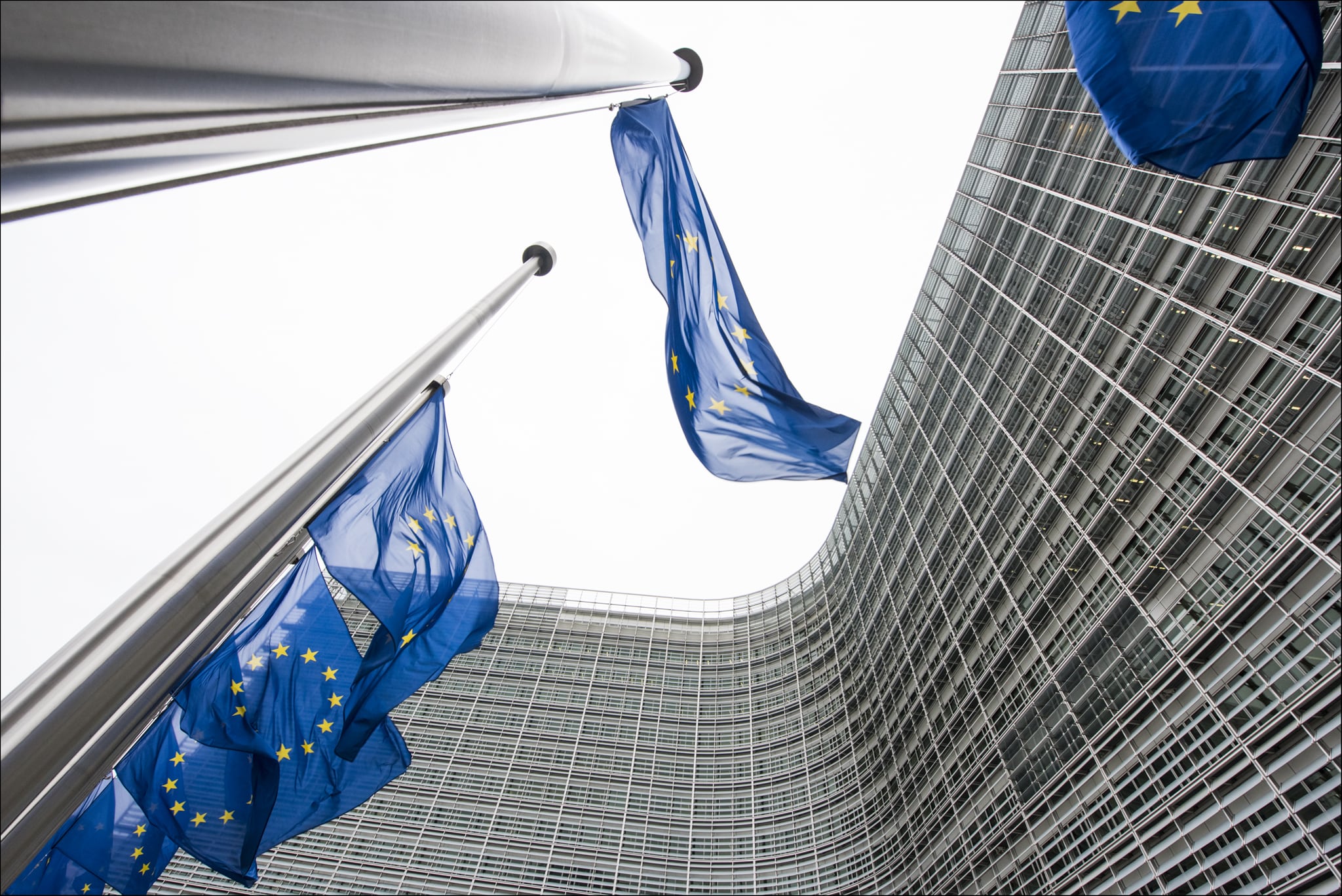Recommendations of seven leading Serbian think tanks and civil society organizations
BELGRADE – Seven of the leading Serbian think tanks and civil society organisations have joined the discussion on how to best reform the EU enlargement process in anticipation of the European Commission’s proposal this week by publishing their own set of recommendations to EU institutions.
The document titled “Integrating the Western Balkans: Completing Future Europe” was published by the Belgrade Centre for Security Policy (BCBP), Belgrade Fund for Political Excellence (BFPE), Centre for Contemporary Politics (CSP), European Movement in Serbia (EMINS), European Policy Centre (CEP), International and Security Affairs Centre (ISAC) and Lawyer’s Committee for Human Rights (YUCOM).
The organisations have submitted a set of recommendations on how to effectively improve the EU enlargement frameworkto the European Commission, DG NEAR and Member States, stressing that the EU will not be complete, nor fully integrated, resilient and prosperous without the Western Balkans countries.
True to this claim, the recommendations were designed for all Western Balkan countries, including the frontrunners Serbia and Montenegro, whose accession negotiations are ongoing.
EU reform in parallel with enlargement, gradual inclusion of Western Balkan countries in EU programmes
Civil society organisations and think tanks envisage the EU internal reform running in parallel with the enlargement rather than leaving Western Balkans waiting for the conclusion of this process.
“Previous major reforms of the EU ran in parallel with earlier rounds of EU enlargement, which were significantly bigger in scope”, they remind.
They also believe that the Western Balkan countries should be invited to participate in the Conference on the Future of Europe, which would be “a fundamentally important message to citizens in the region”.
Gradual association of Western Balkan countries with different European Union programmes, including the European Green Deal, would a welcome initiative, according to the organisations.
“Providing candidate countries with concrete benefits would encourage actual implementation of concrete reforms”, the organisations stress, adding that the representatives of the candidate countries should be able to participate in meetings of the Council once they close negotiation chapters related to specific configuration.
Clearly identifying state capture and improving the system for measuring progress in accession negotiations
One of the issues that the think tanks and CSOs believe needs more concrete action from the EU is the state capture, the elements of which were recognised in the European Commission’s Western Balkans Strategy from February 2018. According to them, EU should develop instruments that would clearly recognize state capture and media capture in the region and then follow this up by concrete action.
The system for measuring progress in negotiations should also be improved. The organisations propose the prioritisation of measures and clear deadlines for implementing them, as well as sanctions in case of failure need to be set. This is especially important in the chapters 23 and 24, which concern the issues related to the rule of law, human rights, independence of the judiciary and freedom of media, and which are vital for the accession process.
Qualified majority voting in the Council and joint work on public support
In order not to allow any single member state to hijack the process of enlargement for its own political and bilateral issues, the organisations propose the introduction of the qualified majority voting when it comes to the procedural aspects of EU enlargement issues.
They also believe that the candidate countries should get more funding, comparable to what Central and Eastern European Countries were getting during their accession process. Access to additional funds could be conditioned by successful reforms in rule of law and other key areas.
The proposals also tackled the issue of bilateral disputes in the region.
“The EU is adamant that it will not import more bilateral disputes and that they need to be resolved prior to accession. However, the EU should increase its engagement in their resolution, as the current mechanisms do not appear to be sufficient”, organisations state.
Finally, think tanks and civil society organisations propose a more vigorous public relations campaign, which would “address the lukewarm support” of the citizens of the Western Balkans to the EU integration. This is why they recommend launching a joint communication program with the Western Balkan countries, which would promote “common history, culture, values and vision of future of our region and the European Union”.
“It should be emphasised, however, that no methodology can replace existence (or lack) of political will on both sides”, the letter reads.
European Commission’s own proposals are expected this week, following the French non-paper on enlargement process reform in November 2019 and another non-paper by nine other Member States. The process is expected to to be in focus over the next several months.
Taken from European Western Balkans portal













